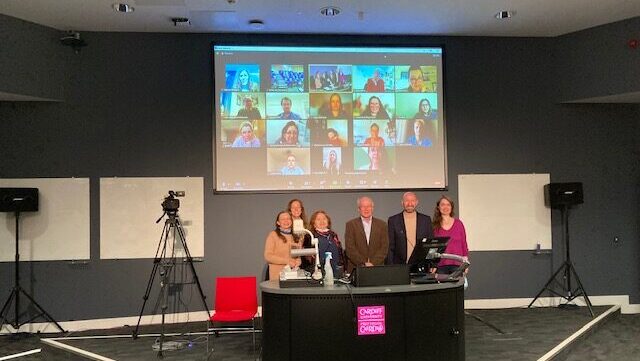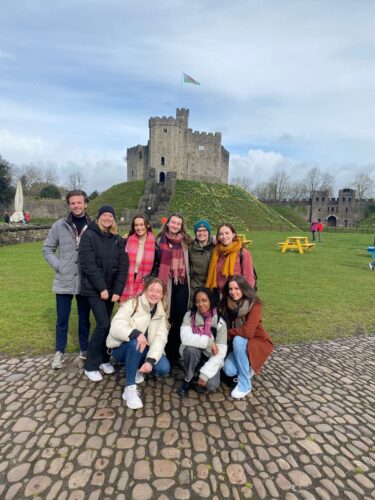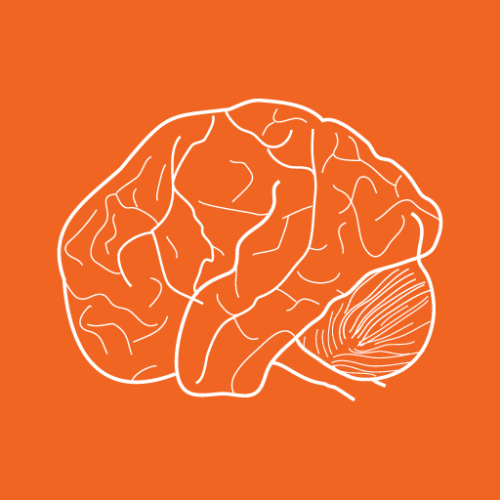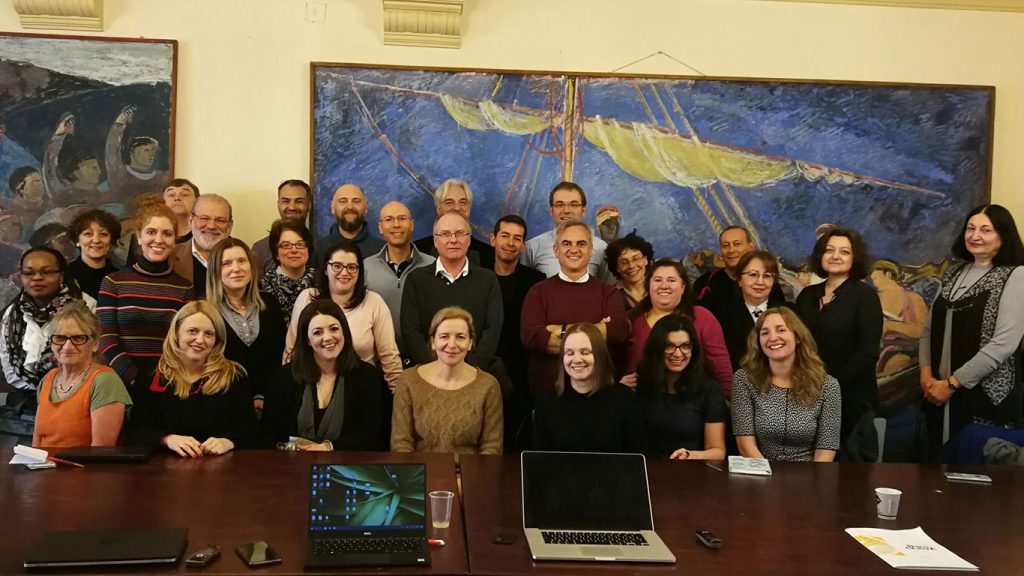The first MINDDS COST Action Workshop was held just over 4 years ago in Belgrade, Serbia. Despite the challenges of a global pandemic and local political events, MINDDS has now grown into a research network of 34 countries across the whole of Europe and to Cape Town, South Africa.
From April 6-8th, 2020, the network came together in its final COST funded conference, Future MINDDS, which was hosted in a hybrid format of both in-person and online participation at the Neuroscience and Mental Health Research Institute (NMHRI) Cardiff University. Attracting 115 attendees, for some of us this was the first chance to meet our research colleagues face-to-face for 2 years.
The European COST Action MINDDS (Maximising Research Impact in Neurodevelopmental Disorders) focusses on the study of patients, who possess pathogenic genetic changes, Copy Number Variants (CNV), that confer high risk for developing neurodevelopmental disorders (NDD) with associated psychiatric conditions. By promoting international collaboration, MINDDS aims to have a significant impact on understanding and treatment of these NDD.
Commencing with an Opening Plenary presentation by Prof Raquel Gur of the Children’s Hospital of Philadelphia, a world-leader in the understanding NDD, the Future MINDDS conference summarised and discussed our current progress and knowledge. Presentations ranged from our latest knowledge of patient genetics and clinical phenotypes, including potential biomarkers, to understanding of NDD biology from the brain to the cellular level. A student-led project described their ongoing research to understand current needs of clinician and the patient community. The initial sessions focussed on the extremely important topic of data and complex computational analysis, advances of which are essential for data and resource sharing to maximise research capacity but at the same time maintain individual patient privacy.
Prof Adrian Harwood the Action Chair believes that “This conference may have delivered our first direct line of sight from patient experience to underlying molecular mechanism. Although the work is only just starting, this feels like a new dawn and the next decade is likely to see us make major steps forward in understanding and subsequent patient benefit.”
Indeed, the general feeling of the conference was that although the COST Action is just ending, our research is accelerating, and in some form the MINDDS research community will continue.
Future MINDDS – watch this space!
If you wish to participate in shaping MINDDS’ future, please contact Prof Adrian J Harwood on harwoodaj@cardiff.ac.uk or follow us at https://mindds.eu





